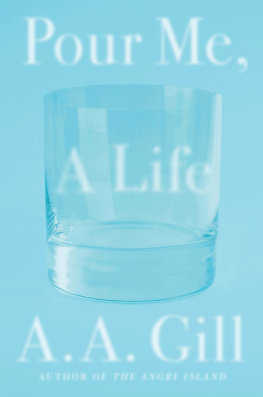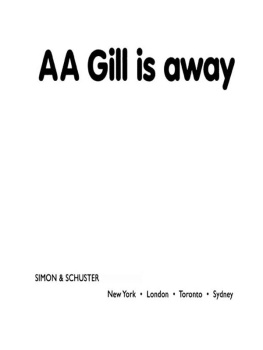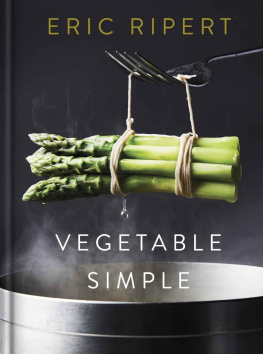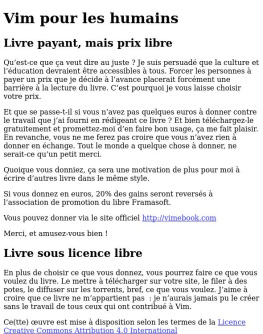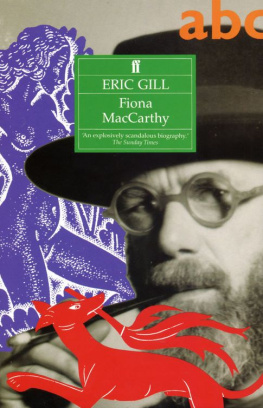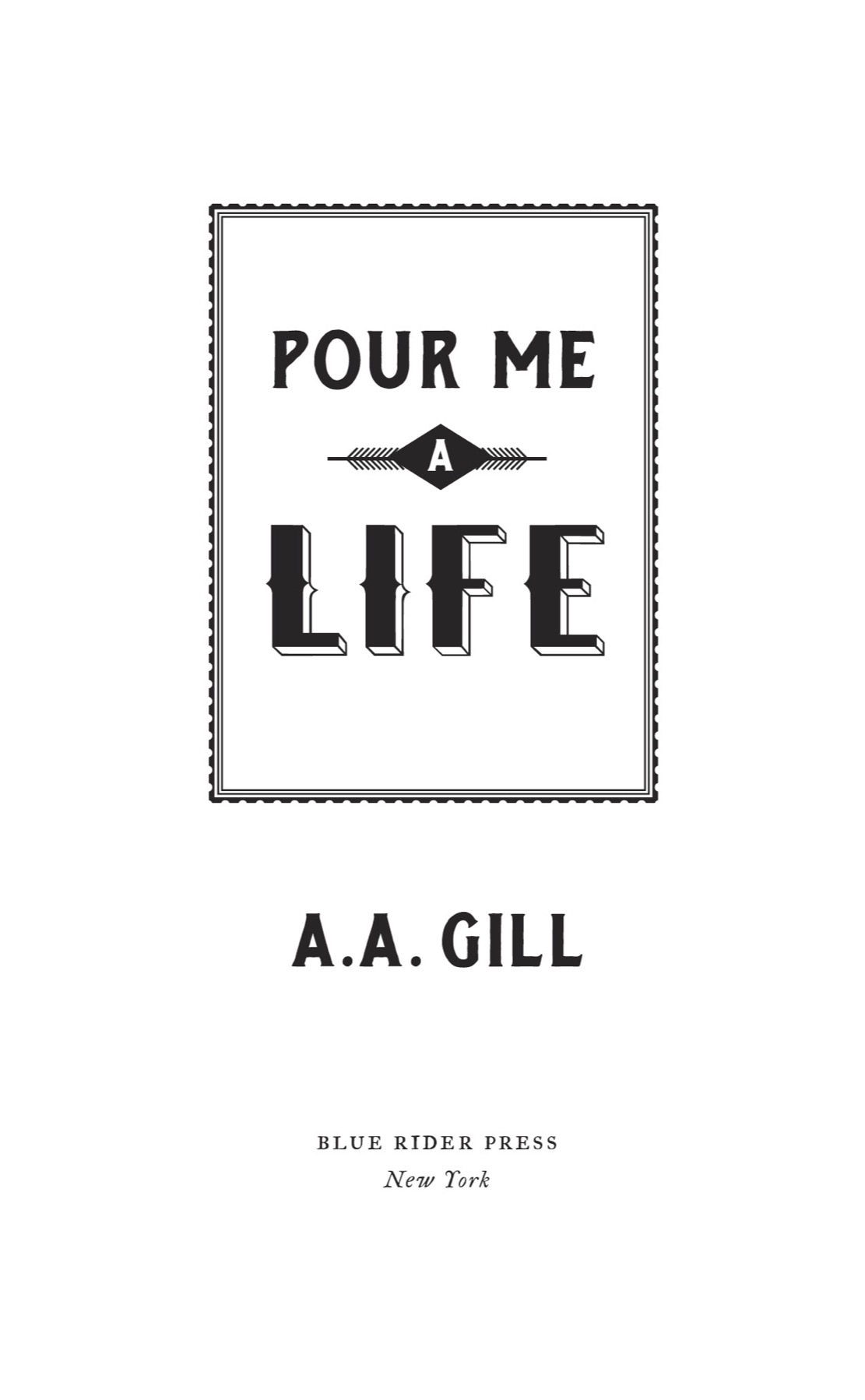ALSO BY A. A. GILL
A.A. Gill Is Away
The Angry Island: Hunting the English
Previous Convictions: Assignments from Here and There
Table Talk: Sweet and Sour, Salt and Bitter
Paper View: The Best of the Sunday Times Television Columns
A.A. Gill Is Further Away
Here & There: Collected Travel Writing
To America with Love
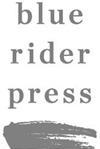
An imprint of Penguin Random House LLC
375 Hudson Street
New York, New York 10014

Copyright 2015, 2016 by A.A. Gill
Originally published by Weidenfeld & Nicolson
Penguin supports copyright. Copyright fuels creativity, encourages diverse voices, promotes free speech, and creates a vibrant culture. Thank you for buying an authorized edition of this book and for complying with copyright laws by not reproducing, scanning, or distributing any part of it in any form without permission. You are supporting writers and allowing Penguin to continue to publish books for every reader.
Blue Rider Press is a registered trademark and its colophon is a trademark of Penguin Random House LLC.
The mission statement of Parade magazine is reprinted by permission of Parade, part of the Athlon Media Group.
eBook ISBN 9780399574931
Penguin is committed to publishing works of quality and integrity. In that spirit, we are proud to offer this book to our readers; however, the story, the experiences, and the words are the authors alone.
Version_1
For the friends of Bill

Wake up! Youre at sea, it doesnt matter which sea, its just the sea rising and falling. Sea-flavored, sea-shaped, wet sea. Youre in a boat, a little boatyoure alone in a little boat. There is nothing else in the boat but you. The boat bobs. You bob. You have no idea how you got here. This, at least, is not unusual. You woke up in a boat on a sea alone. You look along the horizon, its as sharp as a razor cut. Theres nothing but sea and the cloche of the sky, the salty bobbing earth curving away... and then there is something just there, there where the sun makes the water flare and shimmy. There are two dots. Two things that arent sea, theyre boats. Now there are three boats in the sea. These other boats have a purpose, they have come for you and that is the nature of these things, these instructive fables. The inner narrator tells you that though they are coming solely for you, you can stop only one. And to help you choose which, the chorus adds that on the one boat there is a man who will give you food, fresh water, some oars and directions to get to land, and hell even come with you if you like, but in the other boat there is only a bloke who if you ask him will tell you how you got here. So thats the dilemmawhich boat do you stop?
Were back in a room in a private mental hospital in the west of England. They call it a treatment center. This is where you can get treatment. Really, its a mental hospitalwere mental. Thats why we need treating, were dying. Everyones dying, of course, but we know it, we can taste it, metallic in our sticky condemned stumpy mouths. We know were close to the shuffling end of the coil and its our fault, we caused it, we caused it on purpose, we chose the way of our deaths, we can smell it in the damp corruption, our breathless musty mortality. It lingers in our jackets, on the blankets, in our sad evacuee suitcases. This morning, the doctor holding a file said, Have you stopped drinking? Yes, I said. Are you sure? he said, giving me the look, the look of nonjudgmental disbelief that is the facial uniform of mental treatment. Yes, I said, yes. We say yes a lotit doesnt mean yes, it means stop asking me questions. Yes? Good. Because Ive got your tests back... and if you go on, you probably wont see Christmas.
Im thirty. Outside the window there is the sea of green lawn, with croquet hoops, rolling down past trees. I remember them as cedars, huge and lost, standing outside this white classically country house. How easily the architecture of the aristocracy lends its aspirations to the infirm and the insane. Perhaps Ive imported cedarsmaybe theyre from some other rolling lawn. I get lawns confused. Lawns just lie there with a permanent ennui, a sickly languor. I wonder what the rest of nature makes of a lawn. Arrogant, snobbish, entitled, needy, effortfully polite, sober. Rebuke of the wild.
Were here because were dying. Death presses up against the broken mirror, death stands in the corner of the bedroom, signals from the blood in the bog, the pus in the sock, the tingling in the fingers. It wasnt death that terrified us into this preposterously genteel bedlam with its contrite normal lawn. It isnt the winnowing flail of mortality that grabbed us by the scruff and dragged us all here. Understand this, its not death that terrifiesits life. Life is the horror, the unbearable living. We are suffering from life trauma... the miserable, shambling, boring, self-pitying lives we have fashioned for ourselves, alone, with shaking hands and a tearful despair.
So which boat would you stop? The counselor is a young man, a knowing public school compassionate man. I try to imagine his life but cant. Why would you be here if you werent mad or carrying the dead weight of a chronic life? Why frolic in the bleak mere of others troubles posing as a new-life salesman? We listen to him not because he talks compassion or sense but because hes plainly the captain of the boat with the stuff, the gear. We are the people who have run out of choices, run through choices and chances: second chances, last chances, simple choices, choices that were no choice at all. Always wrong, all desperate, always hopeful. Every cast of the bones was a loser. So heres the choice to finally give up on choice; the chance at the far end of choices. There is an infinitesimal lightening in the room like the blowing away of a paper hat, and we choose all together, unanimously. We look at the man with his life so sorted he can spare the time to sell us a new one and we feel ourselves bobbing at sea on a lawn and we shout in our sour-salt tight mouths, Throw us a line. Give us an oar. Tow us to the further shore, to the new land where we can be whole. Take us where we can wash away this life that we made with the sweat of our face. Relieve us of the dead burden.
This is Choice Theory. Its a real thing. It was thought up by an American, a psychiatrist called William Glasser who worked in a veterans hospital in Los Angeles in the 60s. He got fed up with listening to people whine about their lives and regress through their sadness to find the germ of misery in some childish darkness. He decided that what you do is more important than what you did... you dont have to scrabble about in a cellar of nostalgia to discover the seed of your madness, just get on with now, do the practical stuff: make your bed, make a list, brush your teeth, brush your shoes, mind your manners, tell a truth, get up, sit up, stand up, own up, call your mother. If your feet point one way, your head cant face the other. They tell us that a lot. This thing is also called Control Theory and Reality Therapy and Cognitive Behavioral Therapy. Its a firemans therapya 911 therapy. Its an ax and a ladder, a chance for people who are dying faster than they can talk, who dont have the time or the honesty or the inclination or the words, who dont need any more drugs. Its a cut-to-the-cure therapy. If you behave like a normal nine-to-five guy, then sooner or later you turn into one. Fake it to make it, they say... fake it to make it. You dont even have to believe. Fake it to make it is a particularly adroit one-size therapy for drunks and junkies because were already good at faking stuff and we need things to happen pretty pronto. We need a hit. Were not feeling great at the moment. Bill Glasser also believed that there were five things that people needed in order to function properly, and the first and the greatest of these was love. It wasnt an original thought. But they dont tell us this, because frankly no one wants to be told that the answer to everything is love. No one wants the payoff of his tragedy to be the chorus of a pop song.

